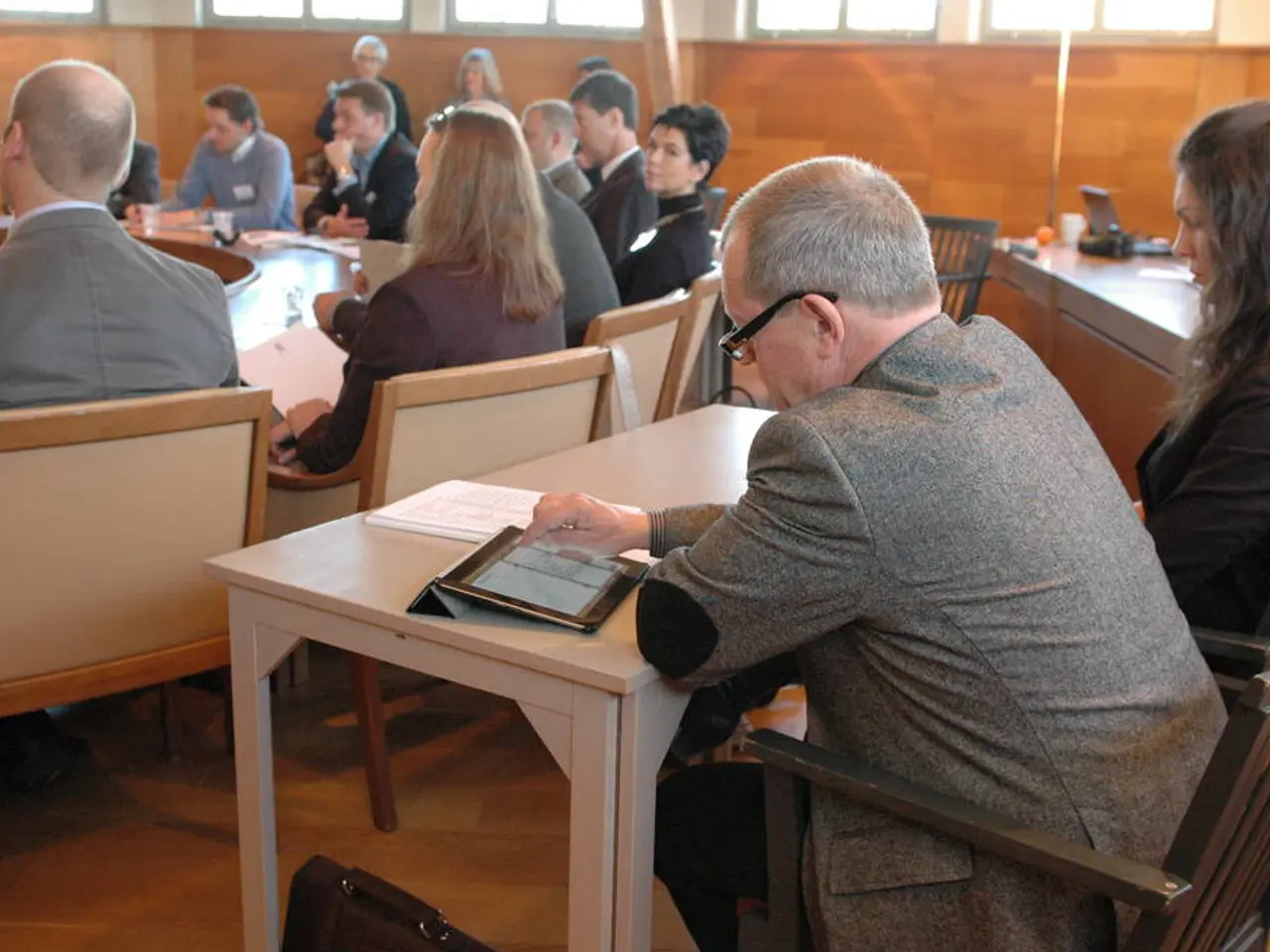Roughly twenty percent of French citizens find themselves in digital distress.
In the modern world, digital literacy has become an essential skill for many aspects of life, from work to leisure, health, and education. However, for millions of French people, navigating the digital world remains a challenge.
According to a Senate report from 2020, 17% of the French population is excluded from the digital world due to factors such as age, level of education, living standards, and place of residence. This digital divide has become particularly evident in recent years, as the digitalization of services has accelerated, making online procedures a necessity, especially during lockdowns when physical spaces were closed.
One of the most common challenges faced by those struggling with digital illiteracy is accessing administrative and banking online services. Sending a registered letter via the La Poste website, renewing an ID card on the government platform, having a job interview via video conferencing, consulting a doctor online, and shopping online are just a few examples of digital procedures that cause difficulties for many French people.
To address these challenges, several solutions have been proposed. Implementing user-friendly digital registration and application processes can lower access barriers, while promoting sustainable device use through repair and refurbishment programs can ensure that everyone has access to affordable technology. Decentralized data hosting by public institutions can also protect against over-centralization and dependence on private providers.
Another important solution is to provide training and support for those who need it most. This includes training social workers, public agents, teachers, students, and university students to assist the elderly, people with disabilities, precarious individuals, and those living in rural areas with their digital needs. Simplified digital tools, designed with user feedback from various situations, can also make digital services more accessible.
Moreover, a systematic recourse to a physical or telephone welcome can help avoid leaving users helpless in front of their computers. By providing a human touch, users can feel more comfortable and confident in navigating the digital world.
The digitalization of services has brought about real inequalities in access to public services, leading to difficulties for many French people in accessing their rights, including education, employment, social rights, and public services. It is essential for the state to maintain public trust by gradually and inclusively digitalizing services, ensuring that everyone can benefit from the digital world without being left behind.
In conclusion, addressing digital illiteracy and inequalities in France requires a multi-faceted approach that includes implementing user-friendly digital processes, providing training and support, and ensuring that digital services are accessible to everyone. By doing so, we can ensure that everyone has the opportunity to thrive in the digital age.
Read also:
- Peptide YY (PYY): Exploring its Role in Appetite Suppression, Intestinal Health, and Cognitive Links
- Toddler Health: Rotavirus Signs, Origins, and Potential Complications
- Digestive issues and heart discomfort: Root causes and associated health conditions
- House Infernos: Deadly Hazards Surpassing the Flames








